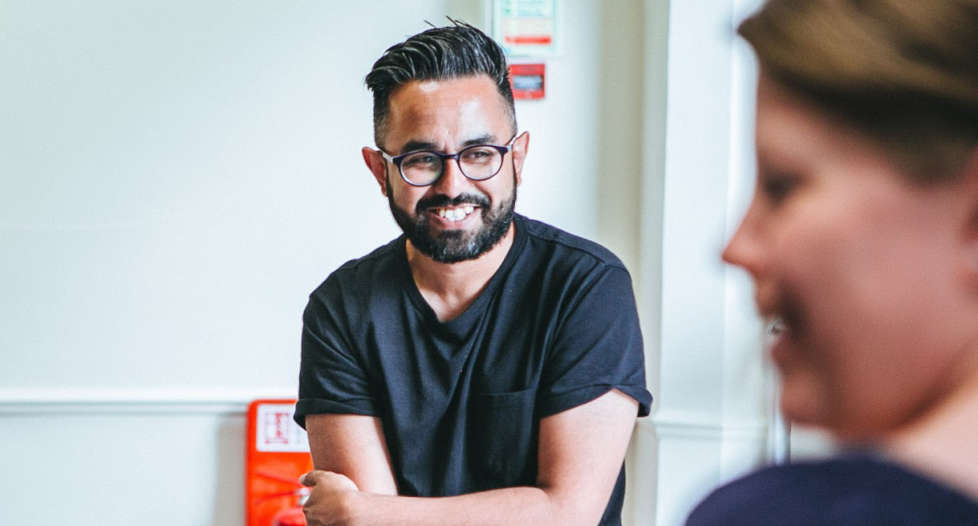Becoming a Mental Health First Aider
Lucy tells us all about it
As looking after our mental health becomes increasingly more important, at Camelot we have a team of Mental Health First Aiders who are always on hand for our people to talk to. Lucy, our People Experience Coordinator, tells us all about her involvement…
Firstly, what does being a Mental Health First Aider involve?
As Mental Health First Aiders, we’re the point of contact for any Camelot team member who is experiencing a mental health issue or some form of emotional distress. The interaction could range from having an initial conversation through to supporting the person to get the help they need.
Why did you decide to become a Mental Health First Aider (MHFA)?
For me, mental health is just as important as physical health. You might cut your finger at work or slip and fall over in a shopping centre and you’ll be greeted by a Health and Safety Officer who is ready to patch you back up. When the issue concerns someone’s mental health rather than their physical state, people can be left not knowing what to do or who to turn to.
After going through a particularly hard time about 2 years ago which impacted my own mental health, I realised just how important it was to address how I was feeling and also, to understand why I was feeling those emotions and how to deal with them.
When I saw the opportunity to become a MHFA, I jumped at the chance to apply. The training opened my eyes to many mental health illnesses I wasn't aware of and it’s given me the tools and approaches to help someone else who might be struggling. I’m really passionate about being able to understand and help others so they have somewhere to turn and someone to talk to.
How do you offer support to people at Camelot?
We have 14 Mental Health First Aiders. Camelot individuals can reach us by picking up the phone or sending us an email, however they feel most comfortable. Every conversation we have is in the strictest of confidence.
We also have other wellbeing support and resources available, from being able to join a Camelot Community (we have LGBTQ+, Parent’s Network and more), to listening to our recommended podcasts on a variety of topics, or using Help@hand - an app where you can have a video consultation with a remote GP and access therapists trained in providing mental health support.
Tell us a little about why looking after your mental health is so important.
Everyone has mental health and we’ve all had times where we’ve felt down, scared or upset. The feelings do pass - enter my favourite phrase “This too shall pass” - but they can also turn into a more serious problem and this could happen to any of us. Where one person might bounce back from a setback, another might feel weighed down by it for a long time.
Looking after your mental health allows you to enjoy the world around you and cope with stressful situations a bit better. It doesn’t mean you’ll always be happy, it’s completely normal to feel sad or low but if you don’t take care of yourself you might find things more difficult to cope with. You’ll also feel more in control of your body and mind and perhaps even discover things about yourself you didn’t know.
Any final tips for someone who may be struggling with their mental health?
- I’d first and foremost encourage anyone who’s struggling to voice how they feel; it could be with a friend, a family member, someone they work with or perhaps with a therapist. Seeking help is a sign of strength.
- Write down the things which put a smile on your face. What do you love doing? Perhaps you love a pamper night with facemasks? Maybe you enjoy the exhilaration of a hardcore workout? Or it could be a fun quiz with the family. Whatever it may be, big or small, in a group or unaccompanied, enjoying yourself can help beat stress and boost your mood.
- I’d also recommend getting back to nature. Spending time in green space or bringing nature into your everyday life can benefit your mental wellbeing. Nature can have a really calming effect, especially if you can immerse yourself into the fresh air and observe the wildlife around you.


